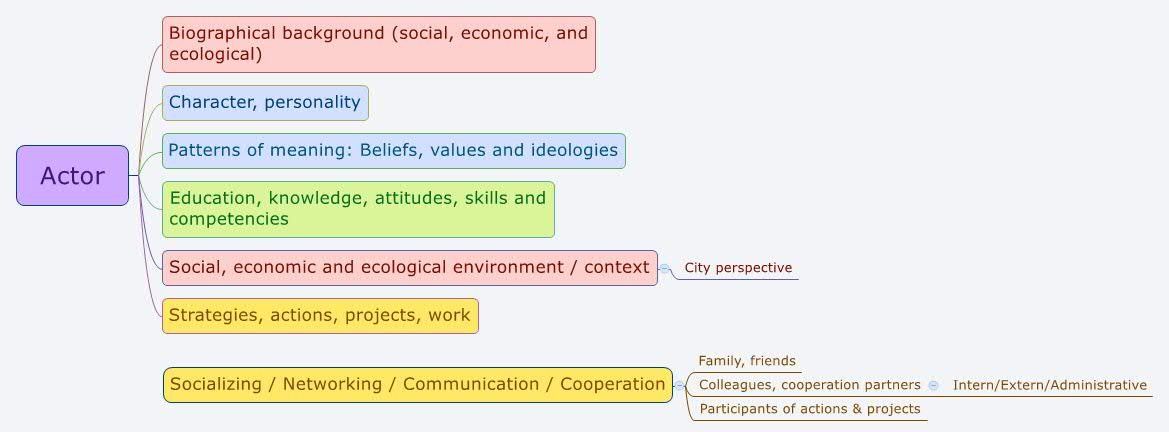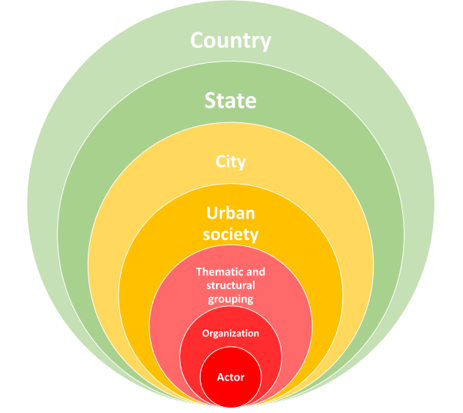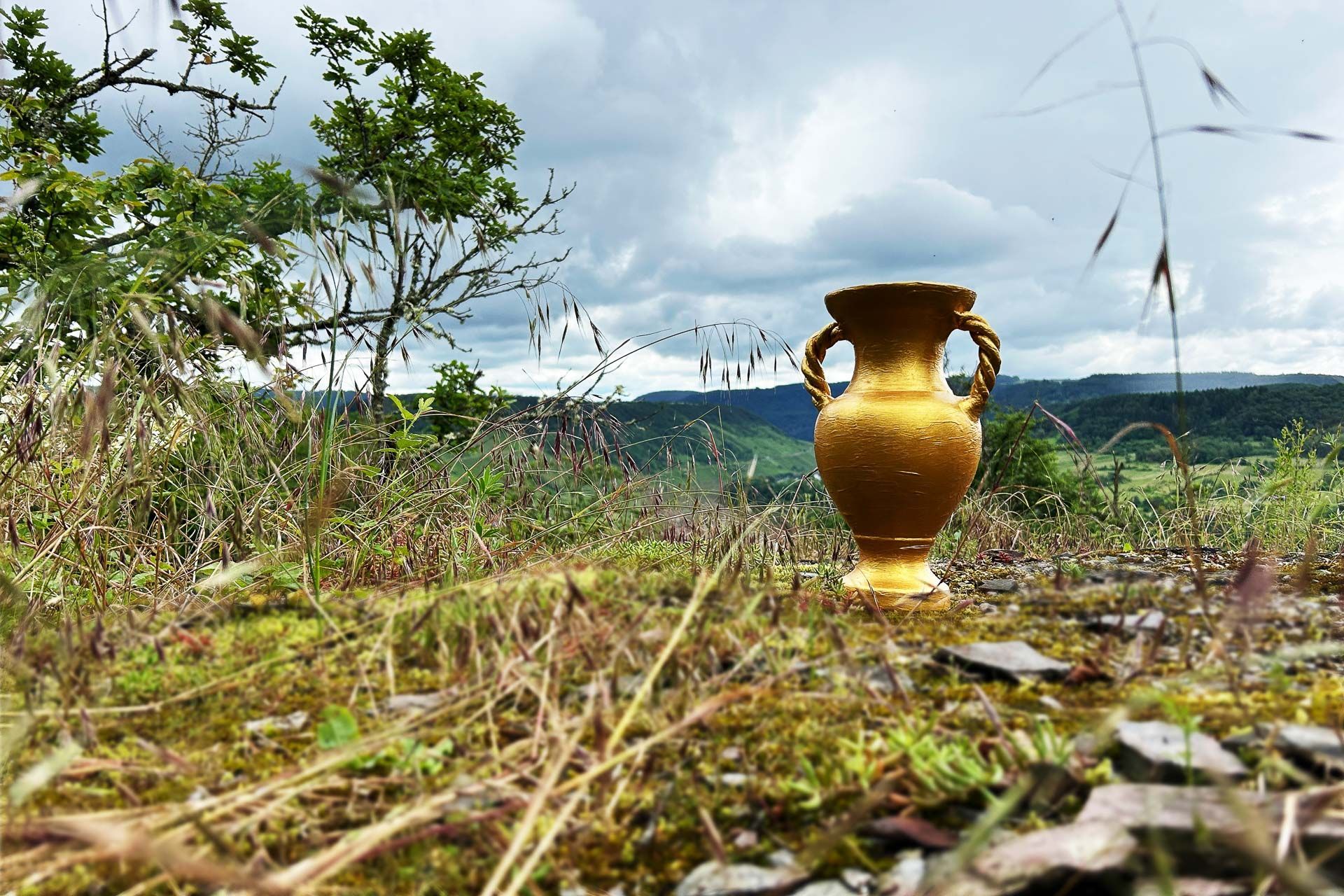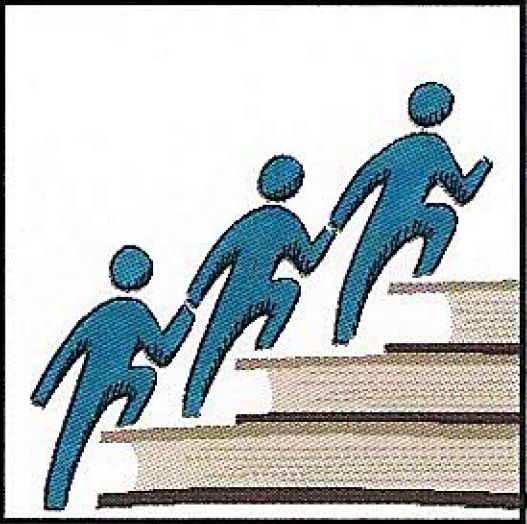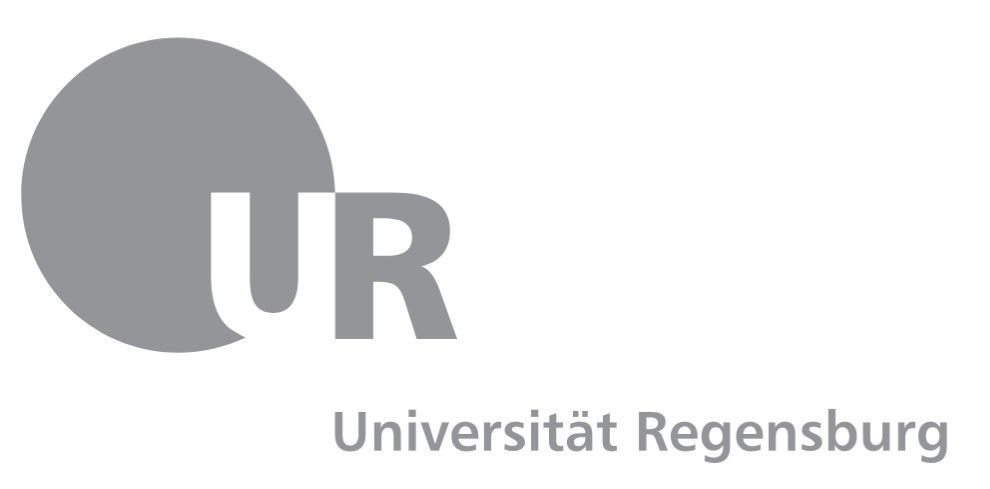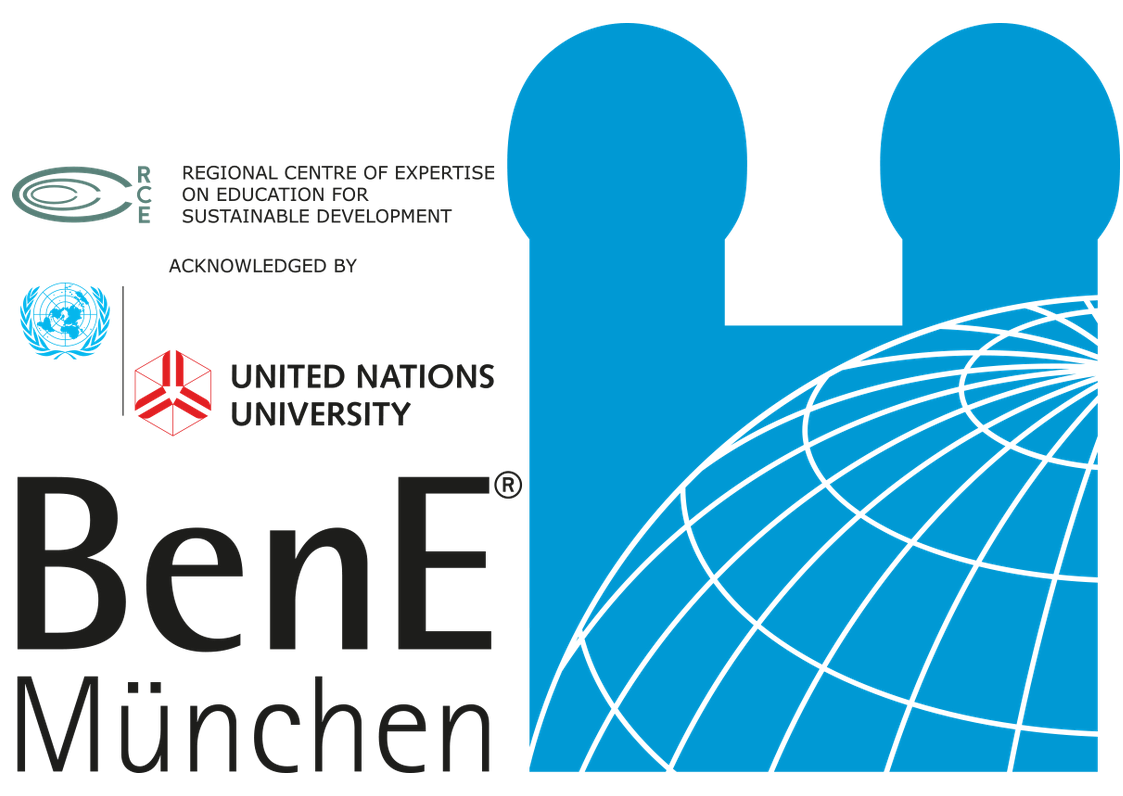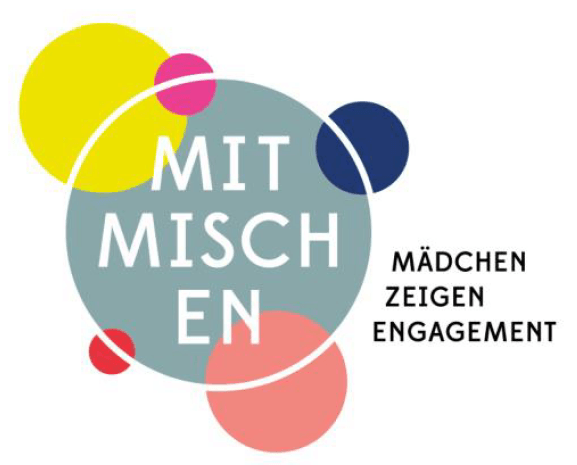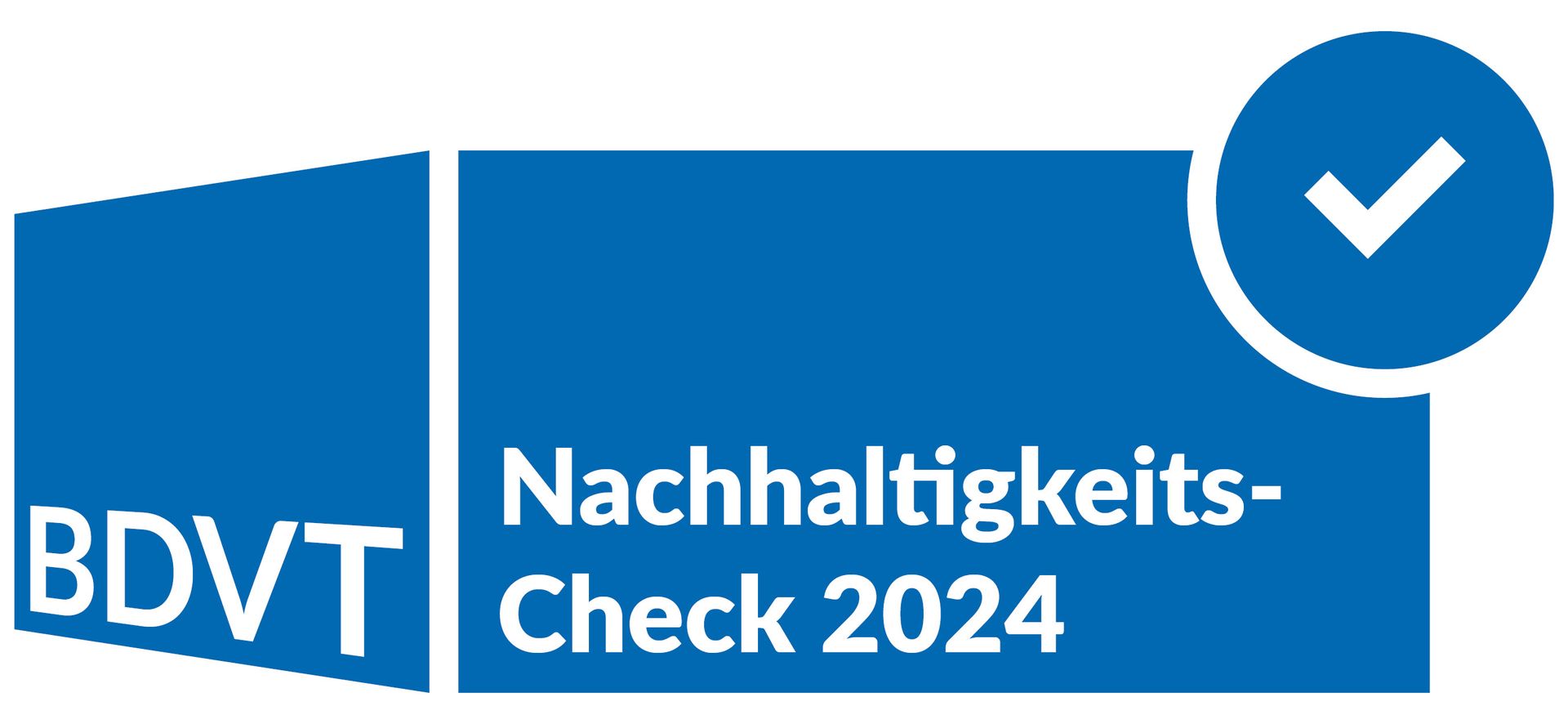We create our futures
Pioneers of change and cultures of sustainability

The following is a short summary of my dissertation (Firmhofer 2018) complemented with recent findings.
Sustainability has been on the upfront of discussion for the last decades. However, since end of the 80s – when the United Nation’s definition of sustainable development arose – until now, life on earth has not changed far enough. The sustainable development goals still lack realization. Reaching them until 2030 sometimes seems like a mere farce.
Why is that?
Reality and sustainability
There is a huge error in reasoning in defining the three pillars of sustainability as co-existing next to each other. Economic, social and ecological sustainability as the three pillars do not represent the limits truthfully in which we, as humankind, are able to live on this planet.
The basis has to be the ecological sphere on which everything and anything is dependent.
The second sphere is the social one, which includes all worldwide social and cultural agreements like the human rights declaration amongst others.
Inside this sphere lies the economic sphere that shall enable humankind to economize all resources in an equitable and just manner.
The cultural aspect should not be left out. Also called the fourth pillar of sustainability (see Stoltenberg).
I would like to take that further. Culture – seen as the world you are born and raised in – sheds light onto nowadays-biggest problem: The culture is our box, we are used to think in. It’s Plato’s cavern. Here is the point: We need a cultural transformation for the great transformation to a sustainable society. We need to change our cultures – step by step.
Some people still might think this is future. But the cultural transformation is already a tough living condition for individuals like the so-called ‘pioneers of change’ or ‘change agents’, who already live on the threshold between system conformity and system criticism. Either through their speech (bringing the topic repeatedly into social, cultural, political, economic discourse) or through their actions (exemplifying sustainable ways of living) do they forerun as leaders to a new societal era, supported by a grown global civil society (see Deutscher Bundestag). They question current systems, structures and power relations. They disregard them and show other realities: Already existing realities, which are oriented towards the well-being of humankind AND the planet.
Before we focus on each and every single human being as a potential pioneer of change, let’s comprehend the cultures of sustainability first.
Principles of cultures of sustainability
Consciously calling them cultures and not one single culture is crucial, since diversity is one of the principles:
The basic principles for sustainable cultures are:
- Personal relationships. This means acting mindfully with oneself, being able to feel empathy for other human beings and incorporating humankind in decisions and actions.
- Sharing and reciprocity. This means internalizing a holistic view of the world and the ability to understand life cycles and dependencies. Becoming a prosumer (see Paech).
- Frugality and needs orientation. When you ask yourself, what you really need to live a happy life, you might detect that the aspects of life that make you happy cannot be bought.
- Diversity. Realizing that life is an ensemble of realities. Biodiversity teaches us the meaning of local solutions. Therefor there will always be more than one culture of sustainability. There will be a million diverse solutions to live sustainably.
- Equality and justice. The moral concept of a conscious collective thought that sets every human being equal to one another opens up the opportunity of a new diverse human evolution. The principle of strong sustainability (see Döring/Ott), the categorical imperative and non-capitalist- or conscious business solutions can be cornerstones.
- Creativity. Creativity enables us to cope with change. Creativity opens up a playfield of learning through trial and error, game and adaptation. Creativity empowers.
- Educational change. Humboldt’s understanding of education, cultural and intercultural education, education for sustainable development, global learning and education for creative creators (see Firmhofer) are keys. This incorporates
- the ability to link one’s imagination (values and virtues) and one’s realization (doing and being),
- constant and conscious self-reflection and self-transformation,
- taking responsibility for one’s own decisions, actions and life instead of the acceptance of being manipulated or blaming others,
- becoming generalists (awareness of the world situation) AND experts at the same time (creating solutions in one’s own context and surrounding),
- learning by doing and lifelong learning during one’s entire lifetime,
- learning from nature: cycles, rhythms etc. (f.e. permaculture).
- Scales.
- Room dimensions are crucial. Being aware of the local and global interconnectedness,
- knowing systems thinking and understanding humankind as part of the world,
- building habitats in proportional and resilient sizes,
- enabling the permeability and openness and a certain dynamism between bottom-up and top-down processes to create „new participatory democracies“.
Pioneers of change
What can we learn from existing pioneers of change who work f.e. as eco-entrepreneurs, social entrepreneurs or in civil society organizations and movements?
Every actor consists of certain parameters (fig.1) and acts in a certain surrounding (fig. 2):
Figure 1: Parameters of pioneers of change (source: Firmhofer)
Figure 2: Surroundings of pioneers of change (source: Firmhofer)
- Slogans: Collective thought, patience, optimism, solution orientation, holism, self-reflection, personal responsibility, frugality, empowerment;
- Attitudes: Realism, global responsibility, community, education, wisdom of the crowd;
- Instructions: Education and empowerment, strengthening the next generation, sharing / open source, concrete experiences, creativity, lobbying, openness to solutions;
- Critique: Degrowth or apocalypse, civil society as partner and opponent of city government and administration, constant self- and social reflection, education instead of distraction, political and economic criticism, against greenwashing, consumption vs. creativity (dependence vs. self-empowerment)
- They have a high self-consistency (f. e. no acceptance of greenwashing).
- Having an impact in life is very important to them.
- Collective well-being is more important to them than individual well-being.
- They focus on personal development. Every human being can evolve and thrive.
- They need to find fulfillment in their own decisions and actions.
- They need to be located in society and be a part of it. That is why they take up management functions like assuming responsibility, living and representing a positive worldview, communication and mediation. Even though they somehow are “outsiders in the still existing system”.
- Deutscher Bundestag (2002): Bericht der Enquete-Kommission „Zukunft des Bürgerschaftlichen Engagements“. Bürgerschaftliches Engagement: auf dem Weg in eine zukunftsfähige Bürgergesellschaft. Berlin.
- Döring, Ralf / Ott, Konrad; (2011): Theorie und Praxis starker Nachhaltigkeit. Marburg.
- Paech, Niko (2014): Befreiung vom Überfluss. Auf dem Weg in die Postwachstumsökonomie. München.
- Stoltenberg, Ute (2009): Mensch und Wald. Theorie und Praxis einer Bildung für eine nachhaltige Entwicklung am Beispiel des Themenfelds Wald. München.

